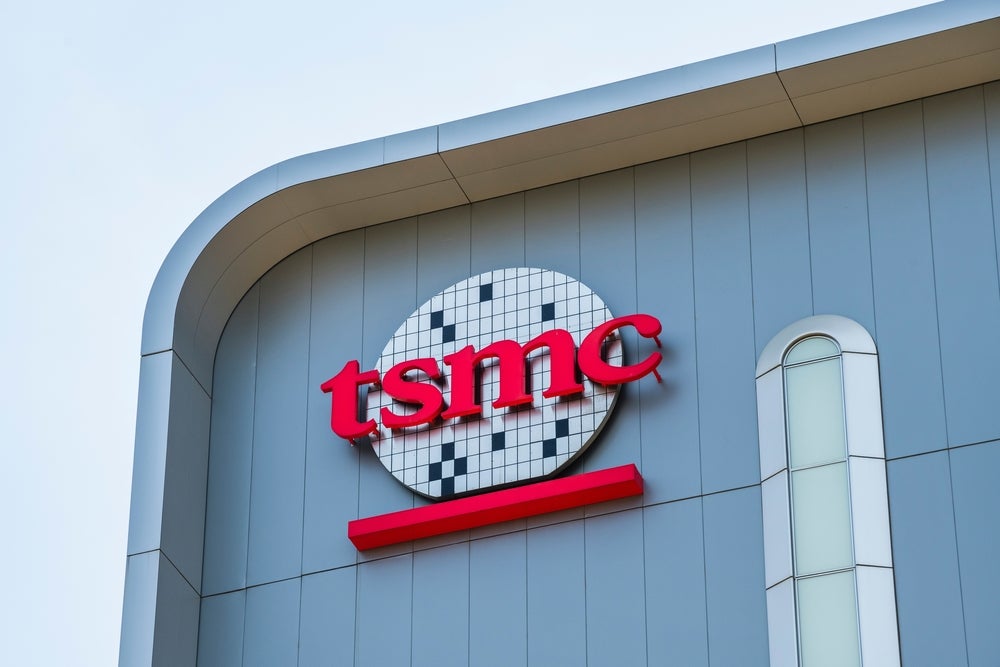TSMC Holds Steady: CEO Wei Assures Stability Amid Global Trade Uncertainties
In a keynote address on Thursday, Taiwan Semiconductor Manufacturing Company (TSMC) CEO CC Wei reaffirmed the company’s robust position despite escalating global trade tensions. Speaking at TSMC’s quarterly earnings call in Hsinchu, Wei emphasized that customer demand remains strong, even as geopolitical pressures and export restrictions impact key clients like Nvidia. The semiconductor giant projects steady growth through 2024, leveraging its technological edge and diversified supply chain.
Unshaken Demand in a Volatile Market
Wei’s confidence stems from TSMC’s latest financial results, which show a 16.5% year-over-year revenue increase to $18.87 billion in Q1 2024. Crucially, the company maintains a 92% utilization rate across its advanced 5nm and 3nm fabrication lines. “Our customers’ long-term commitments haven’t wavered,” Wei stated, noting that AI and high-performance computing now account for 42% of total revenue, up from 34% in 2023.
Industry analysts echo this optimism. “TSMC’s technological moat is simply too wide for competitors to breach quickly,” said Linda Su, semiconductor analyst at Bernstein Research. “Even if individual clients face export controls, the underlying demand for advanced chips is insatiable.”
The foundry leader faces mounting challenges as trade barriers multiply:
- US-China tensions over Taiwan continue simmering, with 28% of TSMC’s revenue tied to Chinese firms
- New EU tariffs on imported chips take effect September 2024
- Japan’s export controls on key chipmaking chemicals
Despite these headwinds, TSMC’s global expansion strategy appears effective. The company’s $40 billion Arizona fab project remains on schedule for 2025 production, while its Kumamoto plant in Japan began test runs last month. “Diversification isn’t optional—it’s existential,” Wei remarked, confirming plans for a potential European facility.
The AI Boom: TSMC’s Secret Weapon
Artificial intelligence emerges as the company’s growth engine. TSMC manufactures approximately 90% of the world’s AI accelerator chips, including Nvidia’s H100 GPUs. While US restrictions limit some China-bound shipments, Wei revealed that hyperscalers like Microsoft and Google now account for 65% of AI-related orders, up from 50% in 2022.
“We’re seeing AI demand create a rising tide that lifts all boats,” noted Mark Li, tech analyst at Sanford C. Bernstein. “Even if one market segment slows, others accelerate to fill the gap.” TSMC’s R&D spending reflects this shift, with $5.2 billion allocated for 2024—a 20% increase year-over-year.
Supply Chain Innovations Buffer Risks
TSMC’s resilience partly stems from pioneering supply chain tactics:
- Inventory hubs: Six-month chip buffer stock in multiple regions
- Dual sourcing: 85% of raw materials now have alternative suppliers
- Water recycling: Taiwan fabs achieve 87% water reuse amid droughts
The company also leads in talent retention, with employee turnover below 5% despite industry-wide poaching. “Our workforce stability directly impacts production consistency,” Wei emphasized during the Q&A session.
What Lies Ahead for the Chip Titan?
Looking forward, TSMC faces both opportunities and challenges:
- Opportunity: 2nm process technology on track for 2025 rollout
- Challenge: Potential 15% energy cost increase from carbon taxes
- Wildcard: Escalating US-China tech decoupling
Most analysts maintain bullish outlooks, with 32 of 38 covering firms rating TSMC as “buy.” The consensus price target of $185 suggests 22% upside from current levels. However, some caution that inventory corrections could emerge by late 2024. “The real test comes when pandemic-era backlogs fully clear,” warned Credit Suisse’s Randy Abrams.
For investors and tech firms alike, TSMC’s stability offers reassurance in turbulent times. As the semiconductor industry navigates uncharted waters, Wei’s leadership suggests the company will remain the steady hand guiding global electronics forward. Those tracking the sector should monitor TSMC’s Q2 earnings call on July 18 for updates on 3nm yield improvements and automotive sector demand.
See more Business Focus Insider Team

